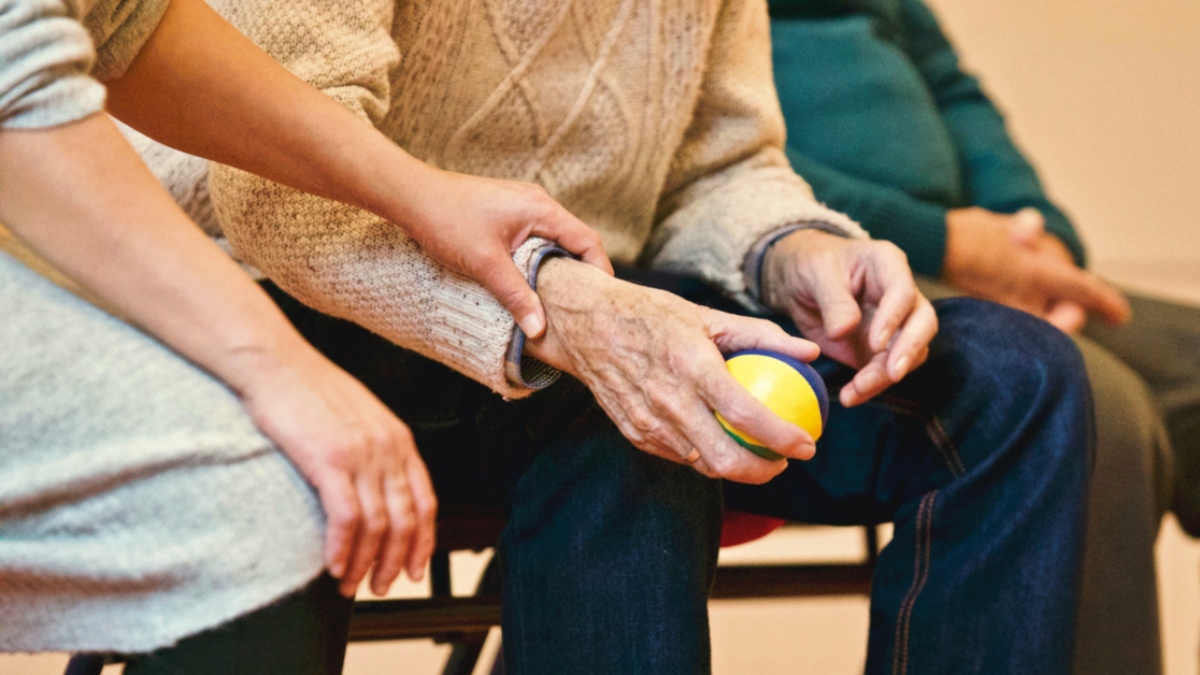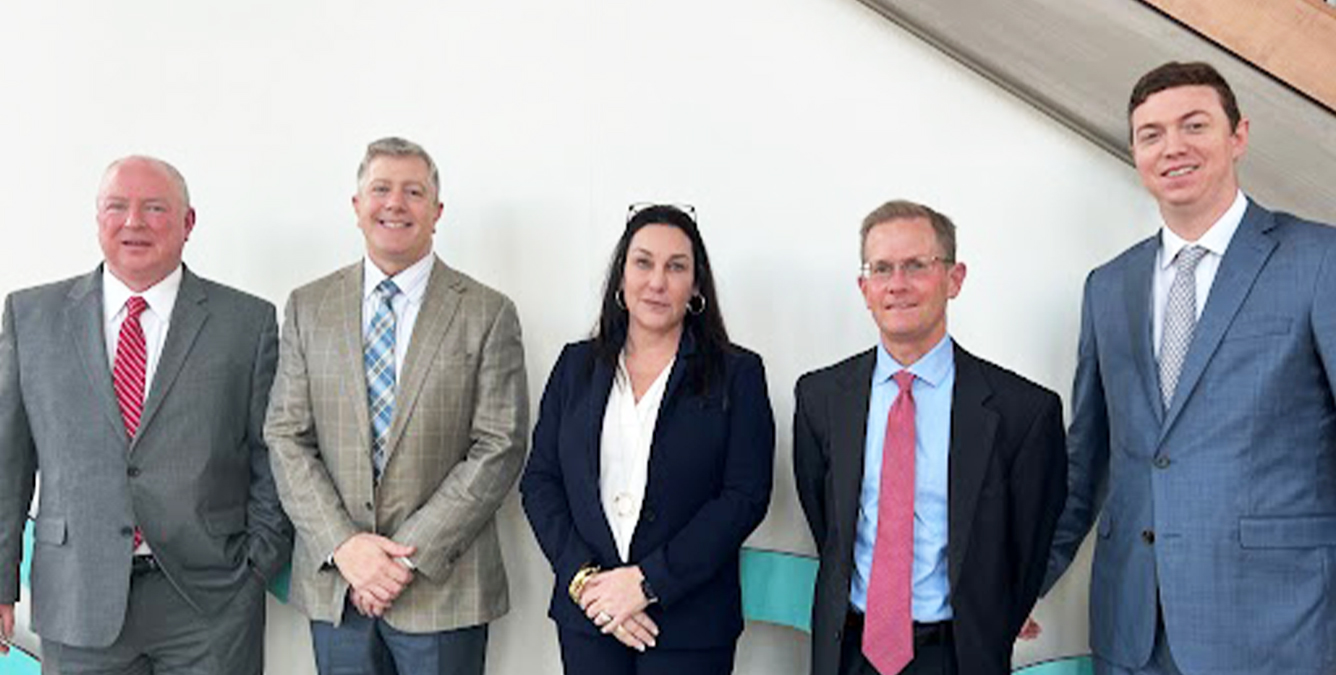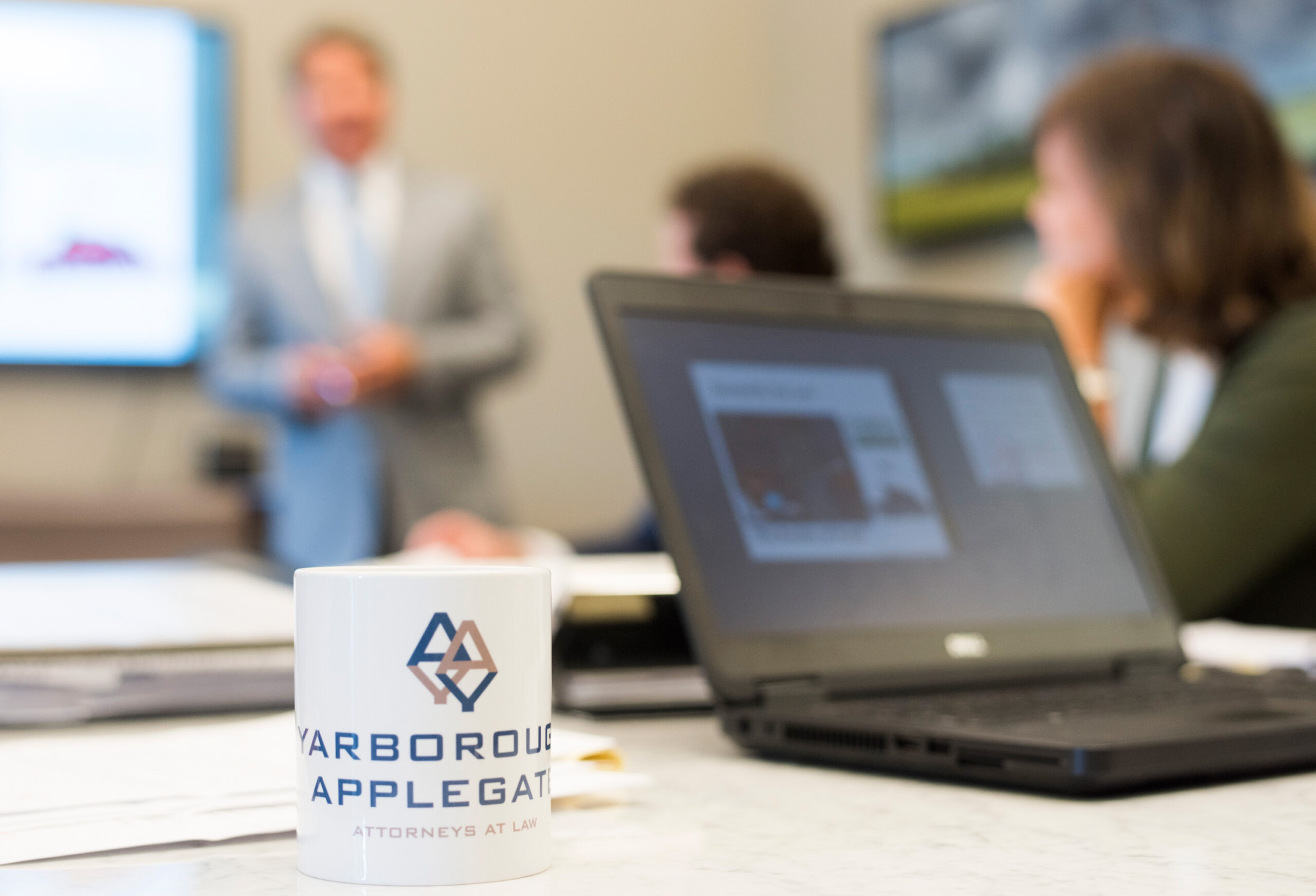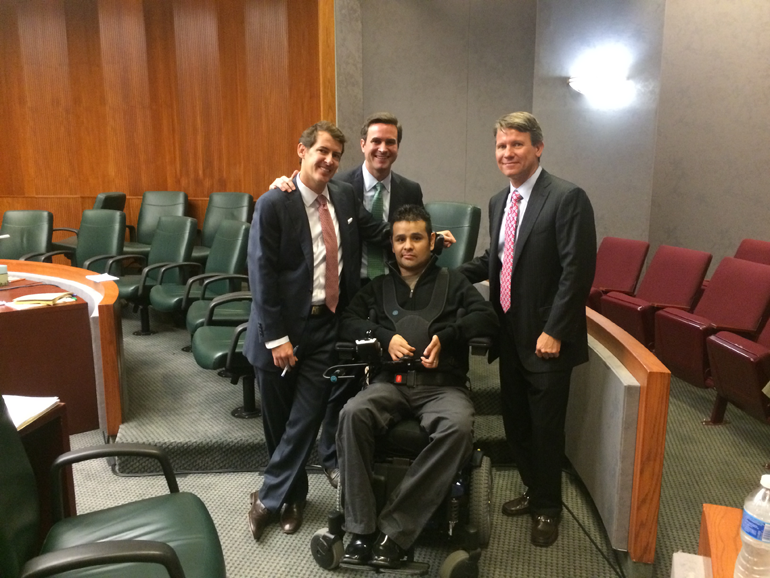Choosing to place a family member or loved one in a residential care facility or nursing home is a difficult but necessary choice that countless families make every year. We always hope our loved one is surrounded by trustworthy, caring staff who provide the utmost attention and top care. While most care facilities live up to our every expectation, others are prone to elder care abuse and neglect. Often, this is the result of cost-cutting measures at corporation-owned facilities that prioritize profits over resident care.
If you suspect your family member or friend has been abused or neglected in a South Carolina nursing home, it’s important to know what to do next. Contact authorities and a trusted South Carolina nursing home abuse attorney immediately.
At Yarborough Applegate, our nursing home lawyers are well-versed in these cases, which often involve injuries that are intentionally disguised as accidental injuries or unavoidable realities of aging. We are passionate about advocating for those who are most vulnerable and believe that any serious injury at a nursing home deserves a thorough investigation. During a free consultation, we will review your case, determine if you have a valid claim, and discuss all legal avenues for seeking justice on your loved one’s behalf.
WHO TO CALL IN SOUTH CAROLINA IF YOU SUSPECT NURSING HOME ABUSE
If you suspect abuse or neglect in the Charleston area or anywhere else in South Carolina, South Carolina Department of Health and Human Services (DHEC) has resources available, including an online reporting tool. DHEC is required to investigate any written or verbal complaint that flags a potential violation of South Carolina’s licensing standards. These reports can be made anonymously or with a request of confidentiality.
If your loved one is in immediate danger or harm, please call your local law enforcement agency or 911. Otherwise, if you suspect someone living in a licensed nursing home, community residential care facility, or assisted living facility has been the victim of abuse or neglect, call the Long Term Care Ombudsman at 1 (800) 868-9095.
WHAT IS CONSIDERED NURSING HOME ABUSE IN SOUTH CAROLINA?
“Nursing home abuse” refers to elder abuse that occurs in a residential, long-term care facility. It can take many forms ranging from neglect to physical assault to financial exploitation. But no matter the shape it takes, elder abuse and neglect is illegal in South Carolina, and it’s critical that suspected instances are reported and any guilty parties held accountable. Below are common types of nursing home abuse and neglect:
- Physical abuse: Bodily injury causing the elder to suffer physical pain, illness, injury, functional impairment, distress, or even death. Involving the intentional use of force, it may involve kicking, hitting, punching, slapping, pushing, or unnecessary use of physical restraints.
- Neglect or abandonment: When a nursing facility fails to provide for the basic needs of its residents. Neglect can look like malnutrition or dehydration, bedsores, withholding prescription drugs or hygienic care, gangrene, aspiration pneumonia, over-sedation, or allowing residents to wander from the facilities and come to harm.
- Sexual abuse: The forceful or non-consensual sexual contact with a resident, including someone physically or mentally unable to give or deny permission. Sexual abuse could also take the form of non-contact acts like sexual harassment.
- Mental abuse: Both verbal and nonverbal acts that cause an elder fear, anguish, emotional trauma, or distress. This kind of psychological abuse also takes the shape of geographic isolation from friends and family.
- Financial abuse or exploitation: The illegal, unauthorized, improper use of an elder’s money, property, or identity for the benefit of someone other than the elder.
SOUTH CAROLINA NURSING HOME ABUSE ATTORNEYS
Nursing homes have a responsibility to provide elderly residents with proper care. Unfortunately, elders—especially those with dementia or disabilities—are among our population’s most susceptible to abuse. Given the vulnerable status of nursing home residents and nature of these types of abuse and neglect, potential cases are not always obvious. Determining whether abuse or neglect has occurred is not often obvious and requires the help of lawyers with the background and knowledge who know what to look for.
If your family member or loved one may have been the victim of abuse or neglect in their nursing home or assisted living facility, after reaching out to the proper authorities, contact Yarborough Applegate’s nursing home abuse attorneys.
We are here to help. Call us for free to discuss the situation and determine if you have a case. If you do, we promise to work tirelessly to hold all necessary parties accountable and secure the compensation and peace of mind your loved one deserves.






